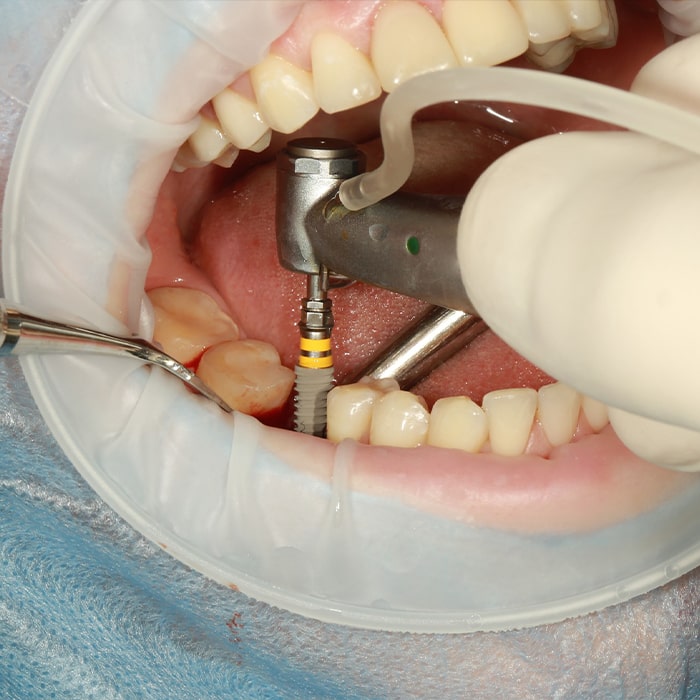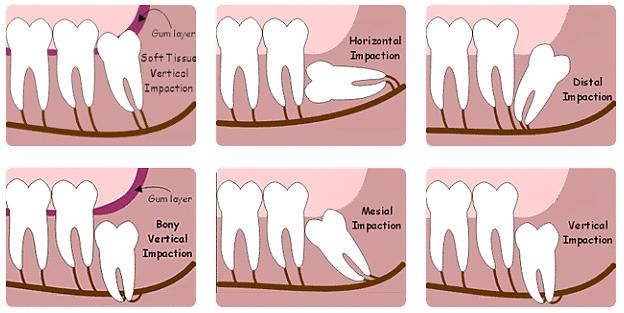Getting Ready For Wisdom Teeth Removal Aspendale: Vital Recommendations for Individuals
Getting Ready For Wisdom Teeth Removal Aspendale: Vital Recommendations for Individuals
Blog Article
Checking Out Various Sedation Options for a Comfortable Wisdom Teeth Removal Experience
The usage of sedation during such treatments has actually come to be progressively common to relieve anxiousness and discomfort. With a variety of sedation options readily available, from neighborhood anesthesia to basic anesthesia, each technique provides varying degrees of leisure and discomfort control.
Neighborhood Anesthesia
Neighborhood anesthesia is a generally used approach for numbing specific areas of the mouth during wisdom teeth removal treatments. By administering a regional anesthetic, such as lidocaine, a dental practitioner can make sure that the individual continues to be pain-free and comfortable throughout the extraction process.
Among the primary advantages of regional anesthetic is its targeted numbing impact, which means that only the particular location being treated is influenced. This local approach minimizes the risk of systemic adverse effects and enables a quicker recuperation post-procedure. In addition, neighborhood anesthetic is taken into consideration to be a secure and regular technique in dentistry, with minimal risks involved when carried out by an experienced expert.
Laughing Gas
Nitrous oxide, generally recognized as chuckling gas, is a form of sedation often utilized in dentistry to aid people kick back during dental treatments. This sedation choice permits the person to continue to be conscious and receptive throughout the treatment while feeling at simplicity and comfortable.
When the mask is removed, the impacts of the gas put on off quickly, permitting patients to resume their typical activities without remaining sedative results. Nitrous oxide is appropriate for people of all ages, making it a functional sedation option for wisdom teeth removals and other oral treatments.
Oral Sedation
Oral sedation, a pharmacological method used in dental care, involves the administration of sedative medications by mouth to generate a relaxed state during dental treatments. The medicines recommended for oral sedation belong to a course of medications called benzodiazepines, which have sedative, anxiolytic, and amnesic residential or commercial properties.
One of the main benefits of dental sedation is its simplicity of administration. Unlike intravenous sedation, oral sedation does not need shots or needles, making it a more comfy alternative for people with a worry of needles. Additionally, oral sedation is considered safe and reliable when provided by experienced dental professionals. It is critical for clients to follow pre-operative directions supplied by their dental practitioner, such as avoiding from eating or consuming alcohol before the procedure to ensure the sedative drug works as planned.
IV Sedation
Provided intravenously by skilled medical professionals, IV sedation is a powerful technique made use of to reference induce a controlled state of deep leisure and unconsciousness throughout dental procedures. Unlike oral sedation, which can be uncertain in its effects, IV sedation enables exact control over the level of sedation, making it an excellent choice for intricate treatments like knowledge teeth removals.
During IV sedation, a sedative medicine is delivered straight right into the blood stream with a capillary, permitting it to take effect quickly and efficiently. This method ensures that the patient continues to be comfortable and unaware of the procedure while still maintaining crucial functions such as breathing and heart rate.
One of the key advantages of IV sedation is its ability to offer a deeper level of sedation compared to various other techniques, making it especially appropriate for clients with high levels of stress and anxiety or those undergoing comprehensive oral job (wisdom teeth removal aspendale). In addition, the impacts of IV sedation typically disappear progressively after the procedure, lowering the probability of grogginess or remaining adverse effects. Overall, IV sedation offers a secure and efficient option for ensuring a comfy and worry-free experience during wisdom teeth removal

General Anesthetic
Having talked about the benefits of IV sedation for knowledge teeth extraction, the application of general anesthetic supplies an alternative choice for clients calling for a deeper degree of unconsciousness throughout dental treatments. General anesthetic induces a regulated state of unfamiliarity, making sure the person feels no discomfort or discomfort throughout the removal process. This approach is particularly advantageous for people with extreme dental anxiousness, complex medical requirements, or those undergoing numerous removals concurrently.
General anesthetic is administered by a trained anesthesiologist who carefully checks the individual's crucial signs throughout the treatment. It includes the usage of intravenous medications or breathed in gases to induce a state of unfamiliarity. While under general anesthesia, the individual will certainly not recognize the surgical treatment, experience any kind of discomfort, or have any recollection of the procedure afterward.
Although basic anesthesia is safe when provided by certified specialists, it brings a somewhat greater threat compared to various other sedation choices - wisdom teeth removal aspendale. People thinking about general anesthesia for wisdom teeth extraction ought to go over the potential risks and benefits with their dental expert or dental doctor to make an informed decision based on their specific demands and case history

Conclusion
In conclusion, numerous sedation choices are available to make certain a comfy knowledge teeth removal experience. Oral sedation and IV sedation deal deeper degrees of relaxation, depending on the individual's needs.
Nitrous oxide is suitable for individuals of all ages, making it a versatile sedation choice for wisdom teeth extractions and various other oral procedures.

Report this page